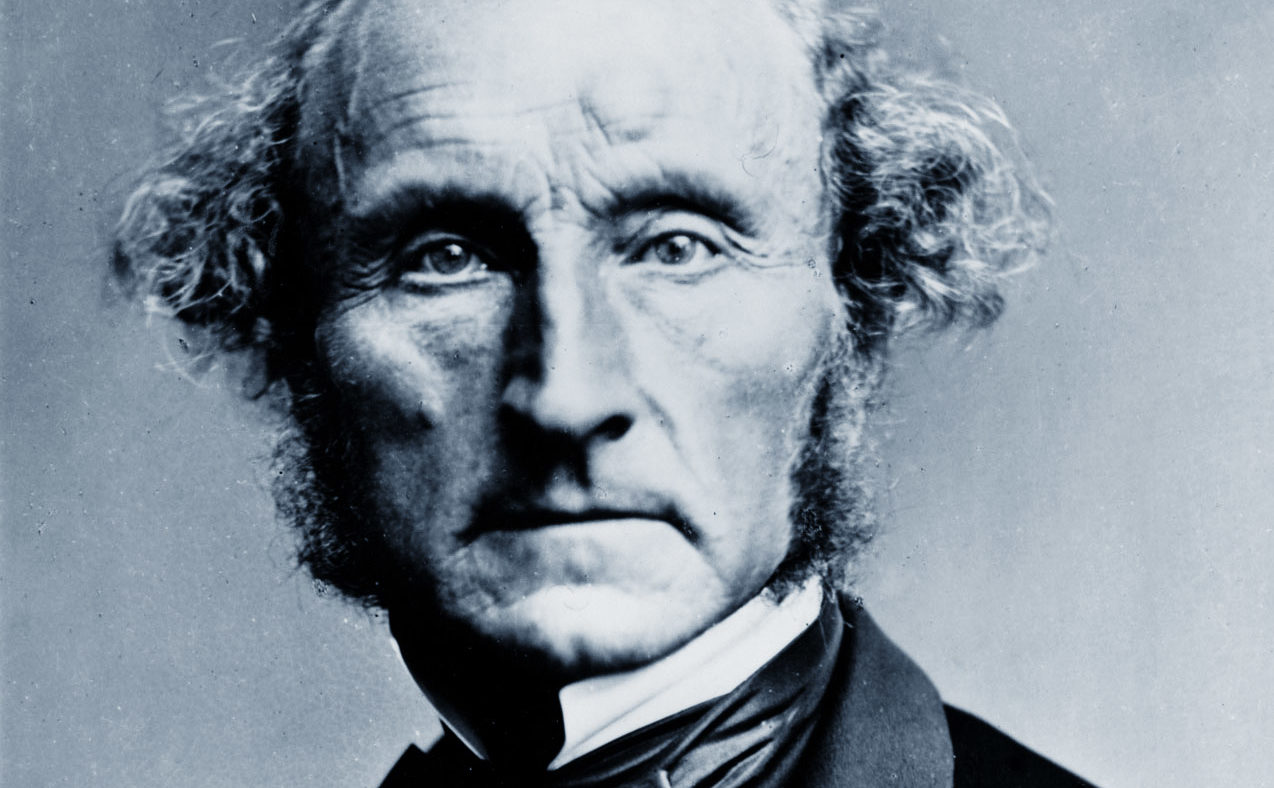What are the limits of free speech? According John Stuart Mill, one of the intellectual fathers of classical liberalism, the answer to this question lies in the so-called Harm Principle: free speech should be limited only in those cases where exercising it harms others. This sounds reasonable. After all, it is consistent with the motto “your freedom ends where mine begins”, with which most people agree. Yet the Harm Principle has a problem: it is vague enough to justify unlimited free speech as well as severe restrictions on it simultaneously.
Liberal democracies have tended to be permissive when it comes to applying the above principle. Free speech is traditionally thought to trump most other considerations. Unfortunately, this is becoming less and less true. In Spain, we have recently witnessed two examples of how a restrictive application of the Harm Principle can lead to a severe erosion of freedom of speech.
Last week, a Belgian court refused to extradite the Spanish rapper Valtonyc, who had fled to Belgium to avoid a three-year jail sentence. In a decision ratified by the Spanish Supreme Court last February, Valtonyc was found guilty of glorification of terrorism, humiliation of victims, defamation against the Spanish crown and threats.
The second controversy involved the arrest of actor Willy Toledo for ignoring two court summons in relation to a Facebook post for which he was sued last year. In it, he attacked (to put it mildly) the dogma of the virginity of Mary, which led an association of Christian lawyers to file a lawsuit against him for offences against religious sentiments.
Should the law protect the right of Valtonyc and Toledo to glorify terrorism or blaspheme? Let us start by stating the obvious: free speech has limits. If I kick you out of my house because you are insulting me, you can’t argue that I’m violating your right to free speech. After all, you are in my house and you can’t do whatever you want. Similarly, the threat to use violence against others cannot be justified drawing upon freedom of speech as it involves restricting other people’s liberty in a straightforward manner.
Where should we draw the line then? We must begin by granting freedom of speech the status of prima facie right, that is, a right that, under certain circumstances, can be rightfully overridden. In the examples above, there are compelling reasons for doing so, namely the existence of other prima facie rights (the right to freely dispose of your property and the right to be free from coercion) that prevail over free speech.
However, the case for punishing Valtonyc and Toledo for expressing their views is substantially weaker. The offences which they were accused of (glorification of terrorism, humiliation of victims or disrespect for religious feelings) assume the existence of a right not to feel offended or humiliated, something questionable. But even if such a right existed, we should ask if it automatically overrides the right to free speech given that the rights are incompatible. The obvious answer is no. The right to express one’s ideas without coercion or the threat of coercion prevails over a hypothetical right that, many people would agree, isn’t even a right.
What about defaming the Spanish monarchy, for which Valtonyc was condemned to one year in jail? Are there any good reasons for overriding the right to speak freely in order to protect the alleged right of an institution of the state not to be slandered? Not really. In fact, the consequences of limiting free speech in this case are potentially harmful. By doing so, we are creating a disincentive to criticise the government or the monarchy in public. The fear of being punished undermines the capacity of civil society to act as a check and balance on power, eliminating one of the most effective controls against tyranny.
The offence of threats is more complex. As pointed out above, the right to free speech cannot justify the use of threats against others. Yet, in order to be taken seriously, threats must be credible and directed to one or more specific individuals. In the case of Valtonyc, the second condition holds (he threatened a specific individual), but the first is less clear since the alleged threats are part of the lyrics of one of his songs. Bearing in mind that he wasn’t a terrorist before all this happened, the probabilities that he carried out the threats in his lyrics are negligible.
Returning to our initial question, when it comes to imposing restrictions to free speech, the burden of proof should be borne by those who intend to put limits on it. This implies a lax interpretation or even the derogation of those laws that somehow restrict it without providing a strong reason that overrides the prima facie right to express one’s views freely without coercion.


